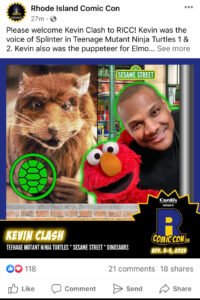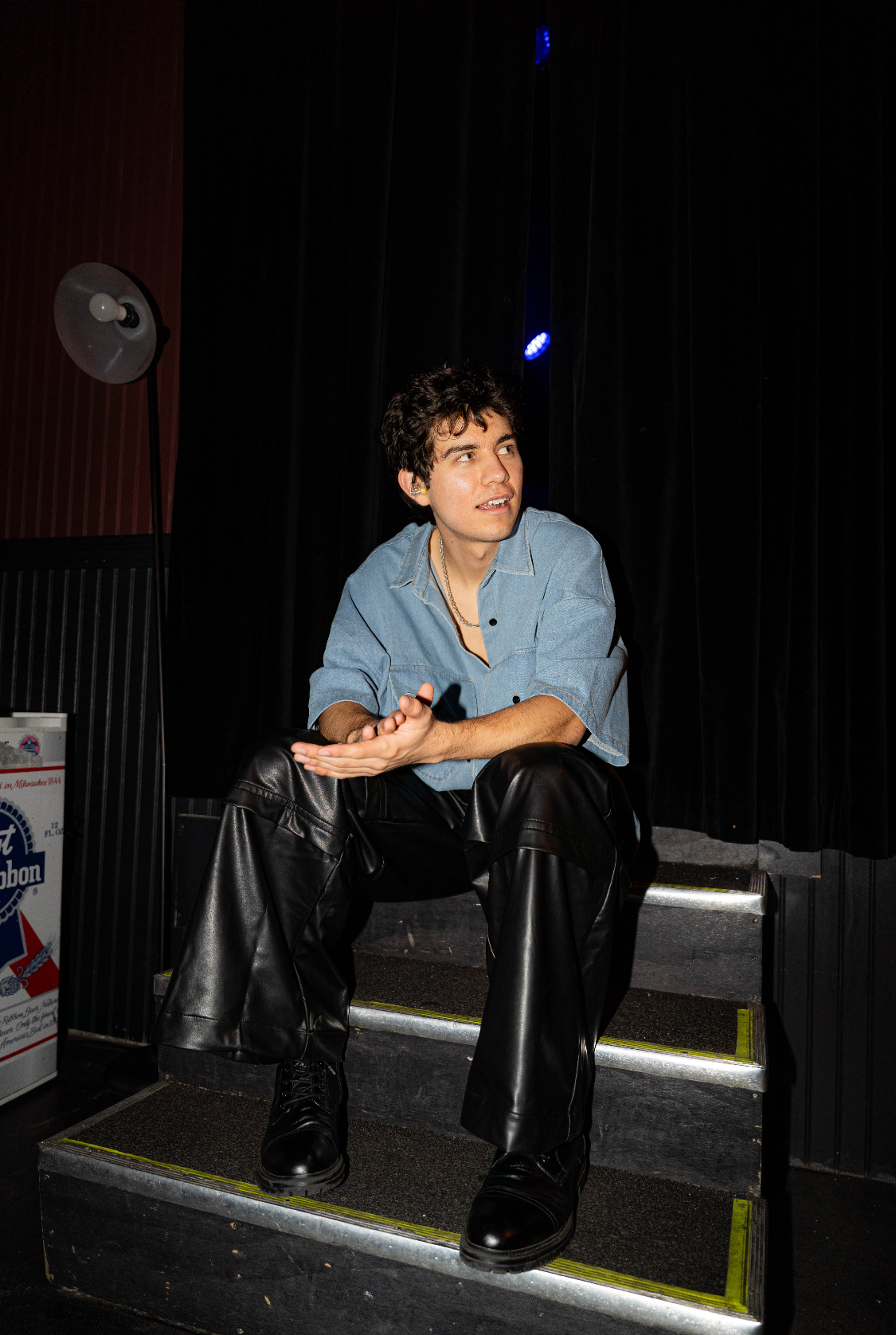The social phenomenon dubbed “cancel culture” has seeped into the fan convention circuit.
From the Long Island Doctor Who convention to Rhode Island Comic Con, event organizers are undergoing reactionary shifts after fans have scrutinized them for inviting celebrity guests with checkered pasts and sexual assault-related convictions.
Leading up to this year’s Rhode Island Comic Con (RICC) in September, an announcement was made on social media that an additional guest would join a roster of actors: Brandon Routh, Tom Welling, Ally Sheedy and Carl Weathers.
That last-minute guest was Jeffrey Jones.
Jones, who gained notoriety for his role as the principal in “Ferris Bueller’s Day Off” pleaded guilty in 2004 for possession and procurement of child pornography. An hour after RICC’s the announcement, its comments section erupted with cries of protest.
The original post was deleted and replaced by an apology that attributed the announcement to a clerical error. The Click has a screenshot of the post prior to its deletion.

Screengrab taken of RICC’s Facebook announcement
“When one of our vendors requested to bring him in, upon further research, we discovered his deplorable acts and immediately canceled him. Unfortunately, he was left up on our scheduling calendar and was mistakenly posted,” the post read, in part.
RICC’s apology didn’t last long.
Weeks later, RICC added Kevin Clash, the original voice behind Elmo, as a guest. Clash stepped down as the famous Sesame Street character’s voice in 2012 after three men filed separate lawsuits accusing Clash of sexually abusing them when they were underage. A New York federal court judge dismissed each lawsuit and cited that the statute of limitations to file a claim had expired – the Adult Survivor Act changed this rule.
Since his uncontested appearance at Contropolis New Jersey in July, Clash has attempted to take further steps back into the limelight. However, the RICC’s invitation was not well received. Clash’s likeness was eventually removed from RICC’s social media and event website, but can still be found on Contropolis NJ’s.
No apology was issued this time. Altered Reality Entertainment, the organizers of both Controplois NJ and RICC, could not be reached for comment by either phone or email.

Screengrab of RICC’s Facebook announcement
“I think the people running these events should do their due diligence and research on all these actors and professionals,” said Nate Harris, a jiu jitsu instructor and Hollywood stuntman. “These events should always be run through a rigorous vetting process with a code of ethics.”
“If a convention is booking talent, it’s probably in their best interest to at least start with the easiest line, which is: ‘Was someone found guilty? We probably don’t need them at any convention,’” said Charlie Rivera, treasurer of The Long Island Ghostbusters, a cosplaying charity exhibition.
“We went through a lot of phases where, as a community, we used to have to make a very clear message that cosplay wasn’t consent,” Rivera said, admitting that he had experienced unsolicited physical groping while cosplaying at conventions.

Photo provided by Charlie Rivera and the Long Island Ghostbusters
Ken Deep, the part-time showrunner of Long Island Doctor Who convention, said he launched an initiative to employ a thorough vetting process for celebrity guests as well as enforcing a code of conduct for guests and attendees.
“One of the things I’ve learned as a teacher of special needs children is that you can’t always assume that they know what you want,” Deep said. “Like having to put a code of conduct out there as public. Sometimes you really do have to state what your expectations are.”
The code of conduct includes a denouncement of stalking, offensive verbal comments and physical assault and/or battery.
“I certainly do hope that the audience understands that every day we try to make the event the safest and most inclusive it can be,” Deep said. “Everyone is welcome, and intolerance is not accepted…Hollywood is cleaning up its act and it’s about time.”
The cancel culture movement and its effects have reached media giants like Bill Cosby, Harvey Weinstein and Kevin Spacey. It seems to operate on a spectrum that examines accountability for socio-political views and the ways in which celebrities behave in their public and personal lives.
Cancel culture has also affected other professionals outside of Hollywood. Mixed martial arts fighter Gina Carano lost her role in an upcoming Star Wars television show after she posted a viral Instagram comparing being conservative in Hollywood to being Jewish in Holocaust Germany.
Carano’s cancellation was short-lived. She found work acting with Ben Shapiro’s production company The Daily Wire. She also began making appearances at conventions like FanX Salt Lake Comic & Pop Culture Convention in Utah earlier this year.
“I feel like cancel culture is extremely dangerous,” Carano said to Fox News. “I think it starts putting us on the line of kind of like a social credit score.”
Comedian John Cleese, another critic of the intolerance movement, called it “the death of creativity.”
There seems to be a spectrum to what’s deemed acceptable within cancel culture. Former Power Rangers actor Austin St. John was present at this year’s New York Comic Con, despite ongoing investigations into his role in a Cares Act fraud scheme. St. John was charged for defrauding the federal government out of millions of dollars.
“I don’t like the idea of censoring yourself to avoid being canceled. When I’m at a convention, I feel like I’m an ambassador for comics,” said Russ Braun, a comic artist best known for his work on “The Boys” comics. “There shouldn’t have to be a worry about cancel culture.”
“I think the words cancel culture are silly buzzwords that get confused with the idea of getting held accountable for your actions,” Harris said. “It’s not hard to not be a d–khead. All people are asking with this ‘cancel culture,’ is a little bit of empathy. That’s it. If you can’t handle having empathy for your fellow humans, then I won’t have sympathy for you not getting work.


